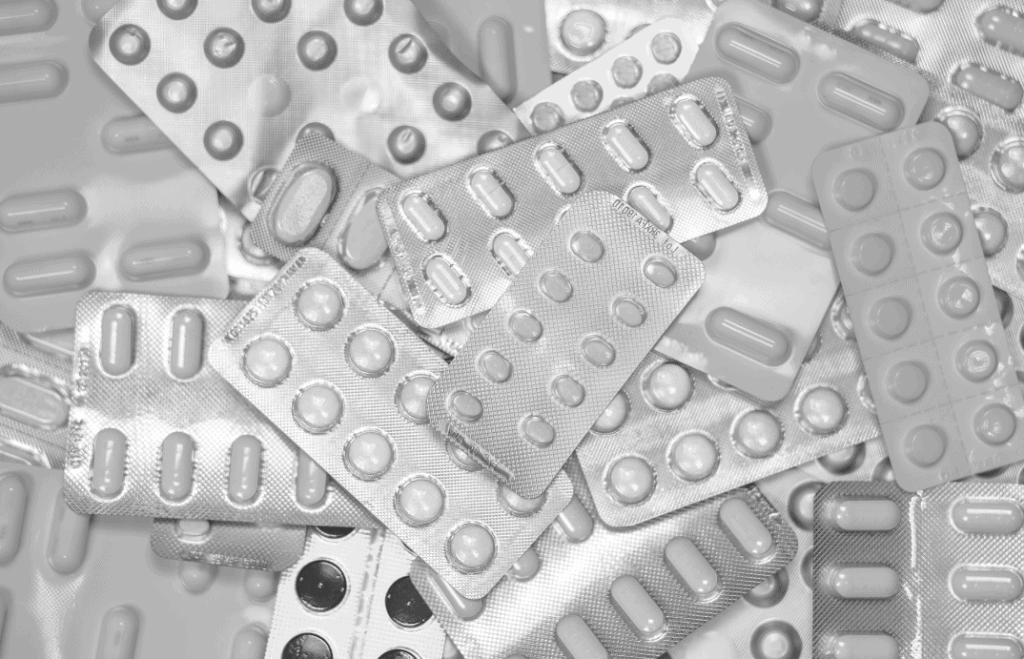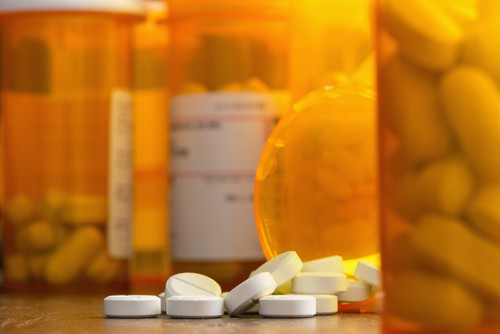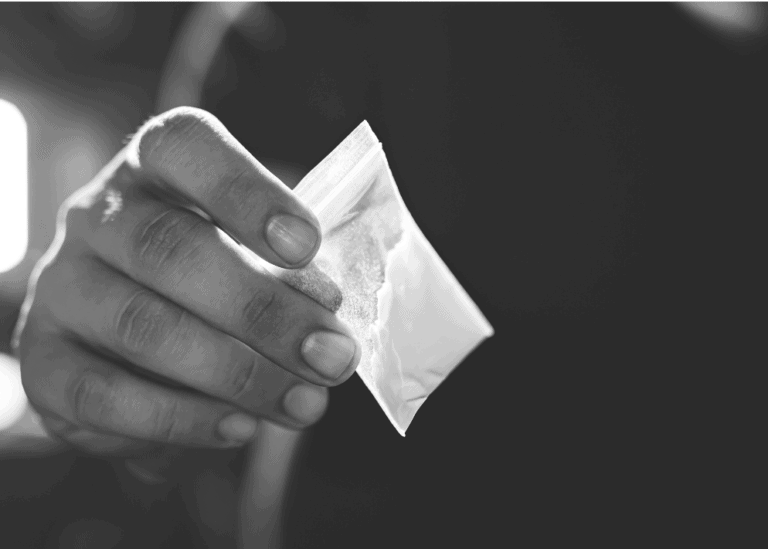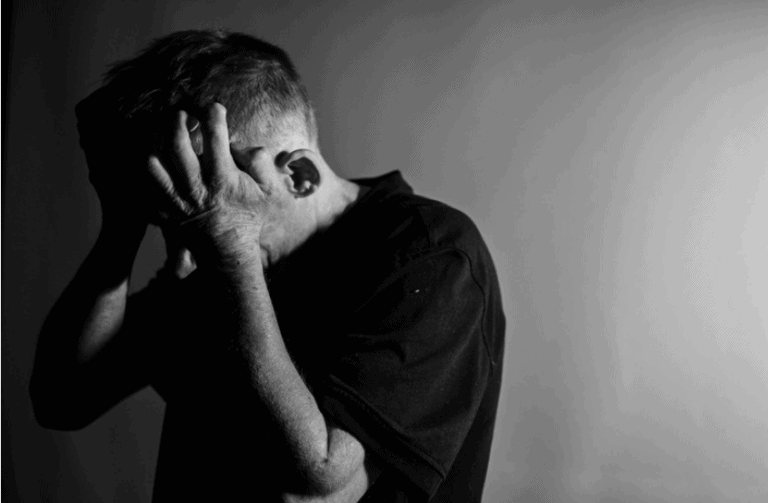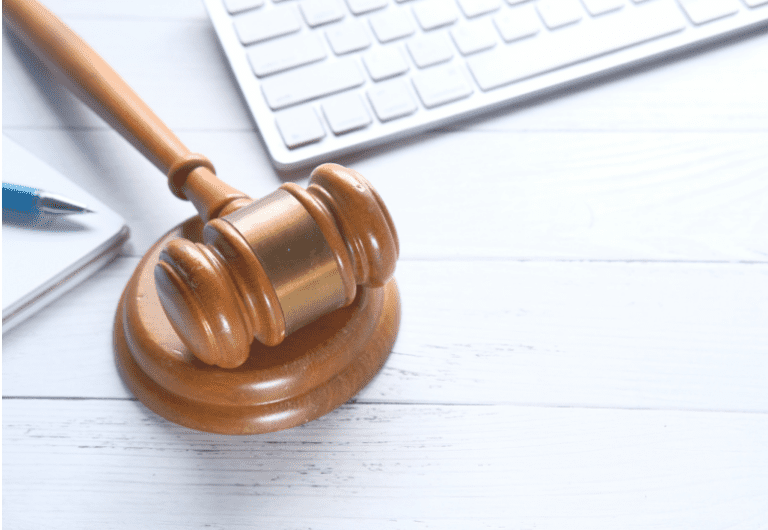Prescription medication is often necessary to treat or cure a number of conditions. Almost everyone has to take prescription drugs at some point in their lives. Most patients take the medication as recommended and they don’t suffer any severe adverse effects. However, some people use prescription drugs for non-medical purposes, and this misuse of prescription medication can cause serious problems.
Misuse can lead to dependence, addiction, overdose, and even death. Some drugs are so strong that they are addictive even when patients take them as prescribed. When they are misused, the effects can be even worse. Prescription drug addiction is an epidemic in the United States. According to the Centers for Disease Control and Prevention, more than 700,000 people died from drug overdoses between 1999 to 2017. Over a ten-year period, deaths from accidental overdose increased from 4,000 per year to 14,800 per year.
Medications That Are Commonly Abused
Many types of medication can be misused and abused. However, the most commonly abused drugs are:
- Opioids – Hydrocodone, oxycodone, codeine, morphine
- Stimulants – Adderall, Ritalin, Dexedrine
- Depressants – Barbiturates like Meberal and Nembutal and benzodiazepines like Xanax Valium and Klonopin
- Dextromethorphan (DXM) – found in cough medications and commonly used by adolescents
All these drugs have important medical uses. When used as prescribed, addiction is rare. However, when they are used in other ways, the risk of addiction increases. Prescription medication misuse can be prevented. However, patients, physicians, and pharmacists all have a role to play.
What Healthcare Providers Can Do
Physicians need to ensure they prescribe medication appropriately. They have a responsibility to balance legitimate medical needs for sedatives, opioids or stimulants with the potential for misuse. Healthcare providers are well-placed to:
- Identify the misuse of prescription medication
- Help patients to recognize they have a problem
- Encourage patients to seek appropriate treatment
Doctors can include questions relating to substance abuse in their routine questions about medication use. If the patient reports symptoms that are associated with drug abuse, the physician can also probe further. In addition, they can take note when patients ask for frequent refills or they keep asking for a stronger dose.
How Patients Can Help Themselves
Patients also have to take responsibility for ensuring they take prescription medications appropriately. If your doctor has prescribed a drug for the treatment of pain or illness, you should:
- Tell them about any over-the-counter medicines or herbal supplements you’re taking
- Follow the directions given by the pharmacist and printed on the label
- Be aware of how the drug will interact with other medications and alcohol
- Never change your dosage or stop taking your medication without talking to your doctor
- Never take another person’s prescription medication or give yours to someone else
- Always store your opioids, sedatives, and stimulants safely
- Always discard expired or unused medication using FDA guidelines
The Role of Pharmacists
Doctors prescribe but pharmacists play a big role in helping patients understand how to take their medication. They can also explain exactly how the drug works to treat their condition. Moreover, they are the first line of defense in recognizing potential drug misuse. They can pick up on falsified or altered prescriptions and identify concerning patterns. They’ll know if a patient is trying to get more medication than they need or if something else seems off.
Treatment for Misuse of Prescription Medication
If you’re not taking your medication in the way it was intended, you should first talk to your doctor. You may be embarrassed but you need to be honest if you want to get help. The sooner you deal with the problem, the sooner you can return to health. You may be tempted to just stop taking the medication, but withdrawal can be very difficult to handle. Your doctor may gradually wean you off or provide you with medication to help you deal with the withdrawal symptoms. Your physician can help you to track your symptoms and take good care of yourself.
Talk therapy will also form a big part of your treatment. It will help to address any mental health issues that contributed to your addiction. Therapy can also help you to better manage any stressors in your life. You’ll learn more about addiction and how you can prevent it from happening again. Your family and friends can also help to support you.
Reach Out to Asheville Recovery Center for Help
If you’re struggling with misuse of prescription medication or addiction, our team of experienced professionals can help. We will work with you to get to the bottom of your problems. We use modern, effective treatments and provide customized programs. Call us today to schedule a consultation.

